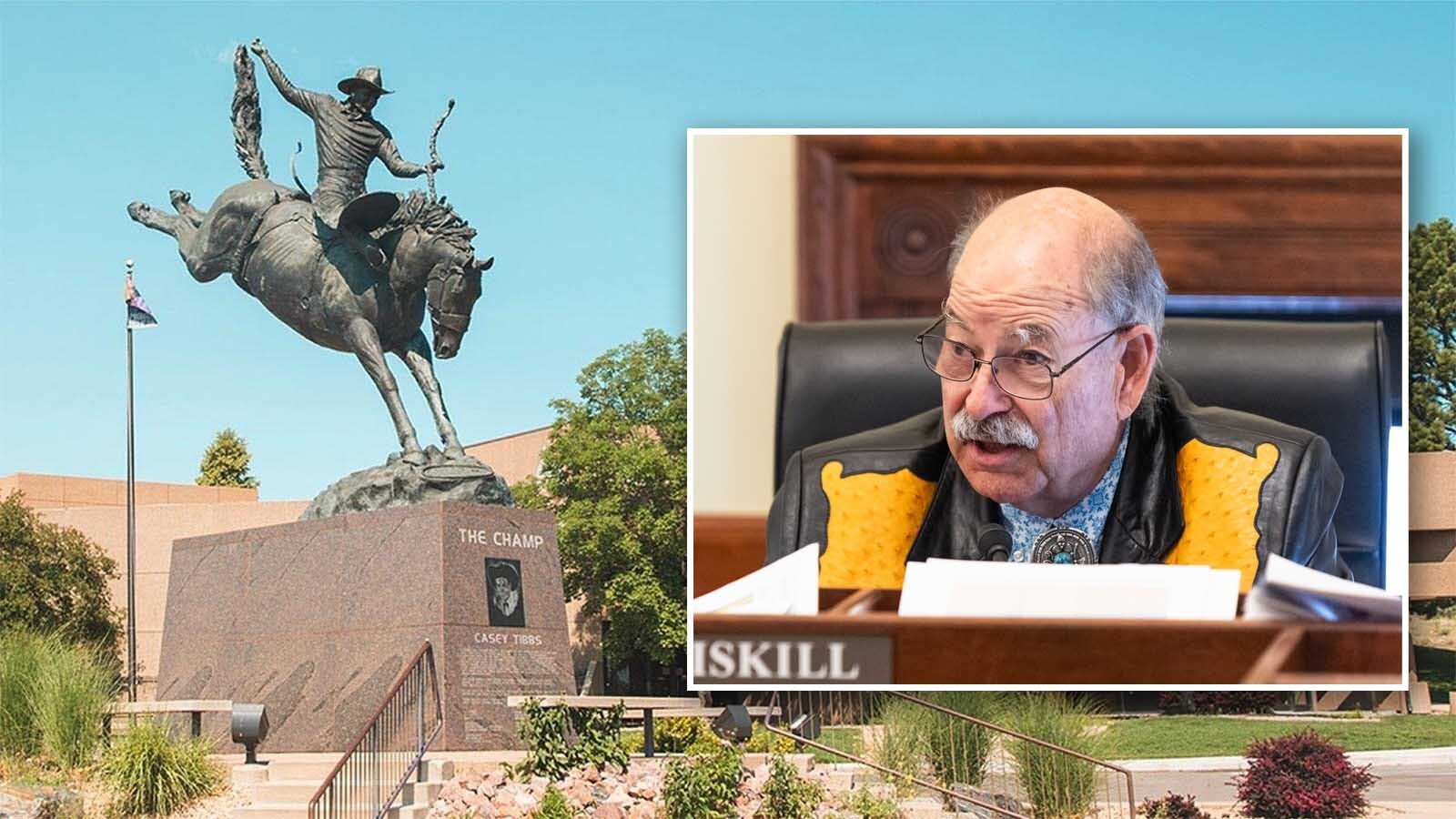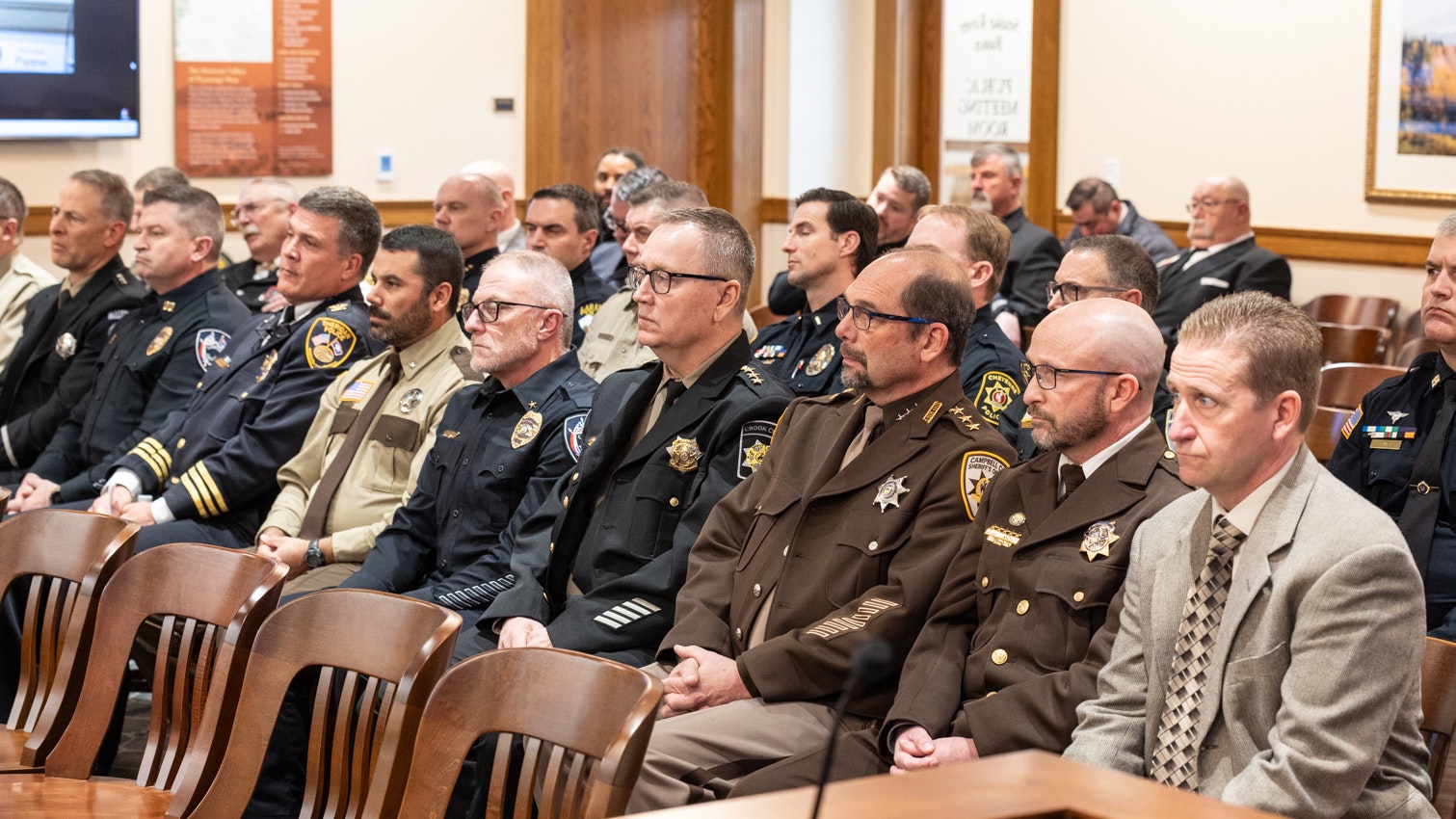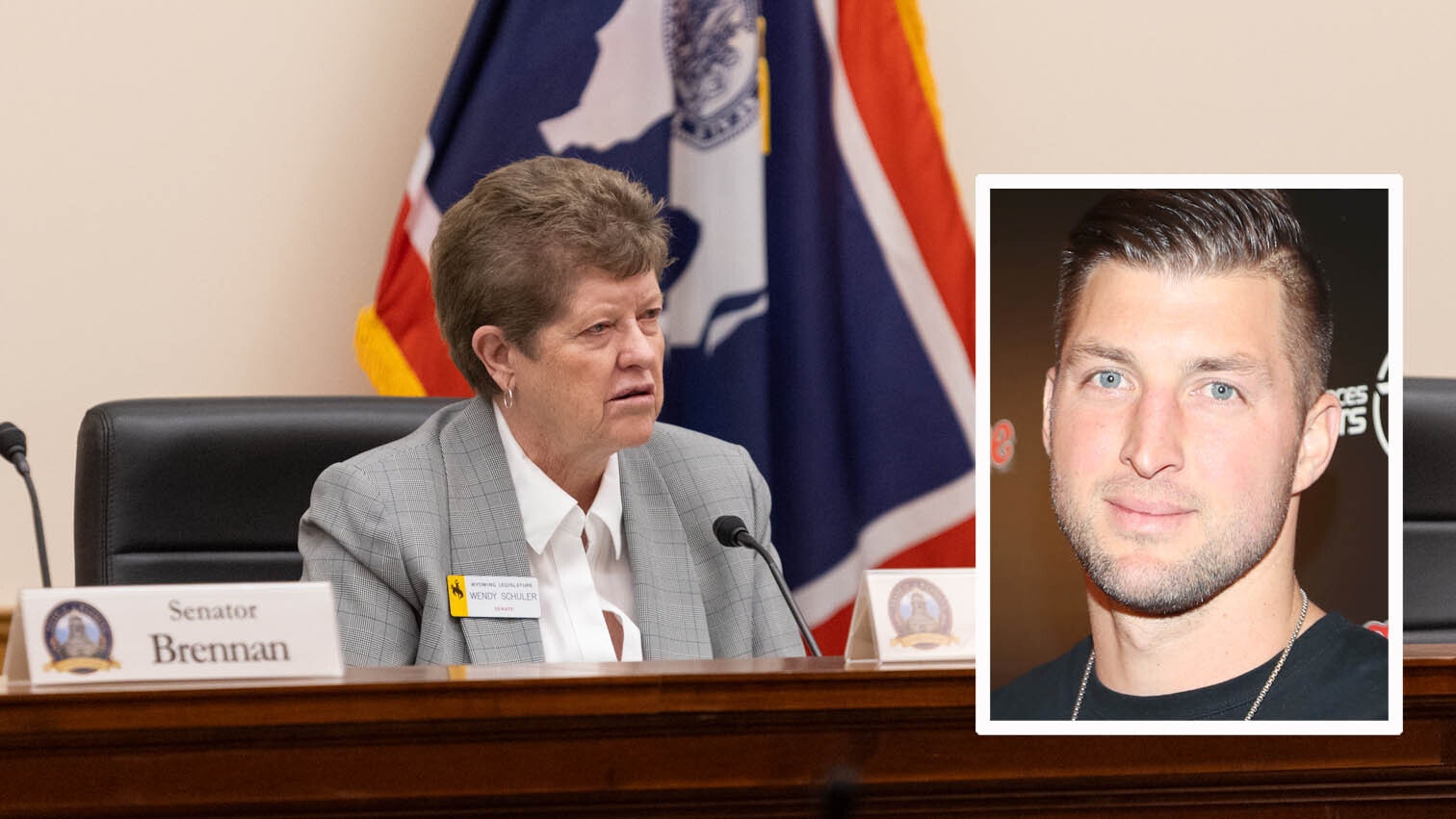WASHINGTON, D.C. — It’s about dang time to get rid of the spring-forward, fall-back ritual every year, saidU.S. Sen. Cynthia Lummis of Wyoming.
Many federal lawmakers agree with the Wyoming Republican’s inclination to lock the clock. They said so at a hearing Thursday held by a Senate committee.
But hold on a minute, says U.S. Senate Republican Whip John Barrasso of Wyoming.
Each state makes its own rules on daylight saving time, and Barrasso is in no hurry to set policy for the whole nation — though he didn’t rule that out, either.
“Every time we have to change the clocks, I hear about this issue at home in Wyoming,” Barrasso told Cowboy State Daily. “While it would certainly be easier to not have to change our clocks, there are some real concerns with sending our kids to school in the dark.”
Added Barrasso, the second-ranking Republican in the Senate: “Congress must thoroughly debate all of the potential impacts before taking any action to change daylight saving time on the national level.”
‘Unnecessary Disruption’
Lummis, for one, has already made up her mind.
She is cosponsoring legislation called the Sunshine Act to make daylight saving time the new, permanent standard time.
“Thanks to technological advancements, biannual time changes are antiquated and more of a headache for parents and schoolchildren than an advantage for our agriculture industry,” Lummis told Cowboy State Daily. “It is time to end this unnecessary disruption and make the option of daylight saving time permanent.”
Through a staff member, U.S. Rep. Harriet Hageman, R-Wyoming, declined to comment.
“As a general rule, we are going to refrain from commenting on Senate activity,” Hageman’s chief of staff, Carly Miller, told Cowboy State Daily in an email.
Miller did not respond to a follow-up question seeking Hageman’s personal opinion.
If Ted Cruz Could Turn Back Time
Thursday’s hearing held by the Senate Commerce Science and Transportation Committee was titled “If I Could Turn Back Time: Should We Lock The Clock?”
U.S. Sen. Ted Cruz, R-Texas, chairs the panel. He said switching between the two times is not just an inconvenience but a threat to health and economic productivity.
“Research has shown that the abrupt shift in time, especially the spring transition when we lose an hour of sleep, disrupts our internal circadian rhythms and causes sleep deprivation,” Cruz said.
Cruz said the sleep deprivation, in turn, causes increased rates of strokes and heart attacks. And, due to fatigue from the change, Cruz added that car crashes rise and job productivity drops.
‘It’s Time to Figure This Out’
Cruz expressed no preference for standard time or daylight saving time, saying he just wants one or the other.
Energy savings can no longer be made a justification for maintaining the two time systems, Cruz said, because improved technologies including lighting have rendered that argument void.
U.S. Sen. Lisa Blunt Rochester agrees.
“I know I speak for many Americans when I say it’s time — it’s time — to figure this out,” the Delaware Democrat said at the hearing. “People across this country are tired of the constant cycle of falling back and springing forward.”
President Donald Trump has expressed an interest in halting the practice as well.
The topic is frequently debated in state legislatures, but not much in the way of change has happened over the years.
All states go on and off daylight saving time except Arizona and Hawaii, which stay on standard time instead.
Sean Barry can be reached at sean@cowboystatedaily.com.





